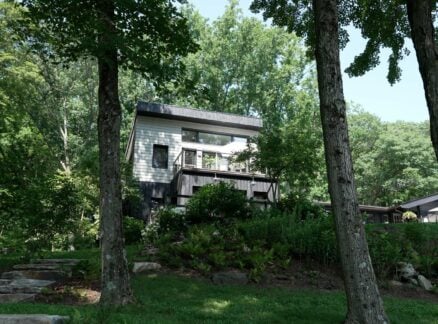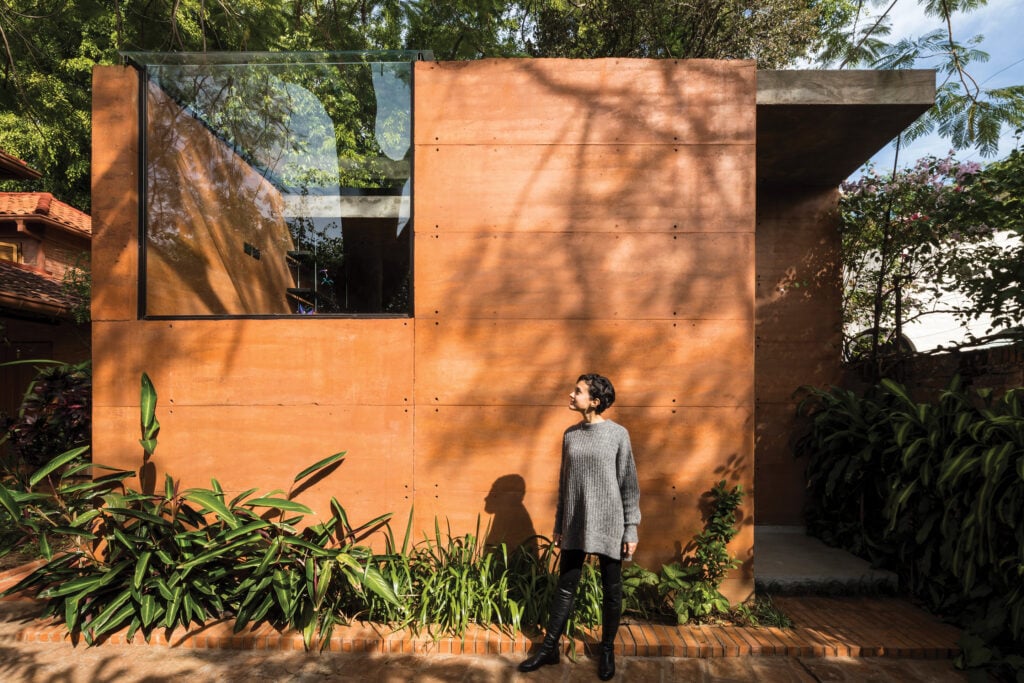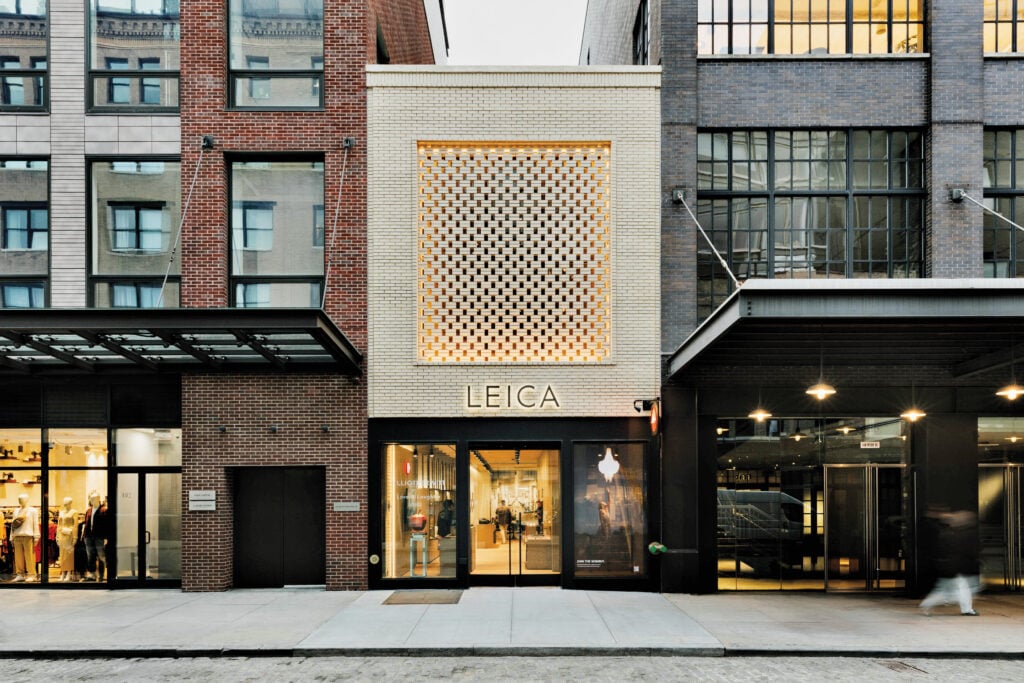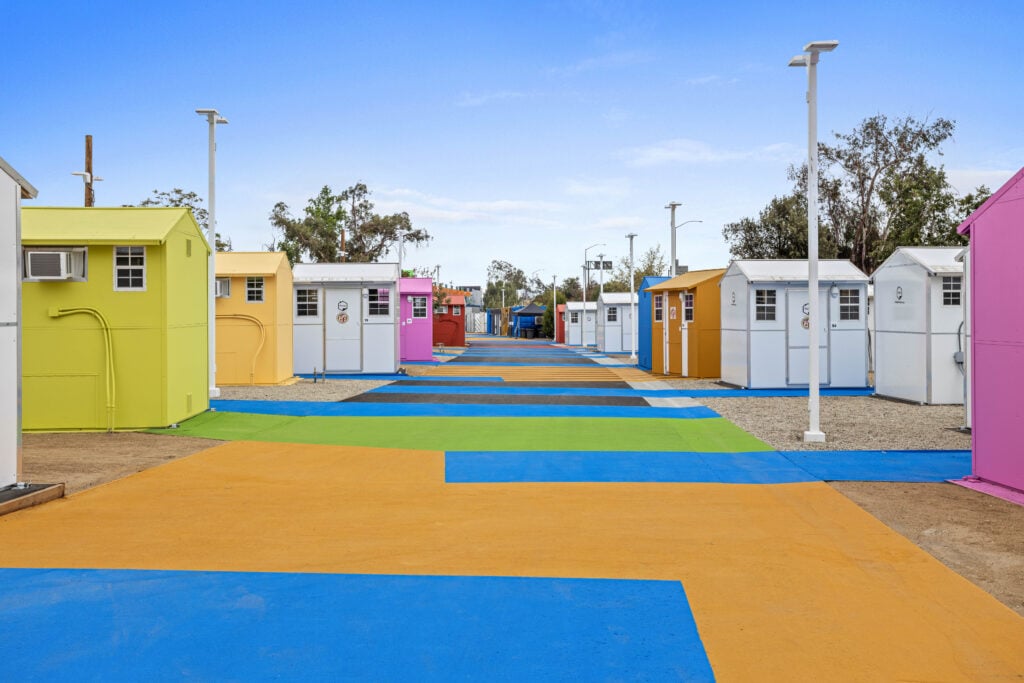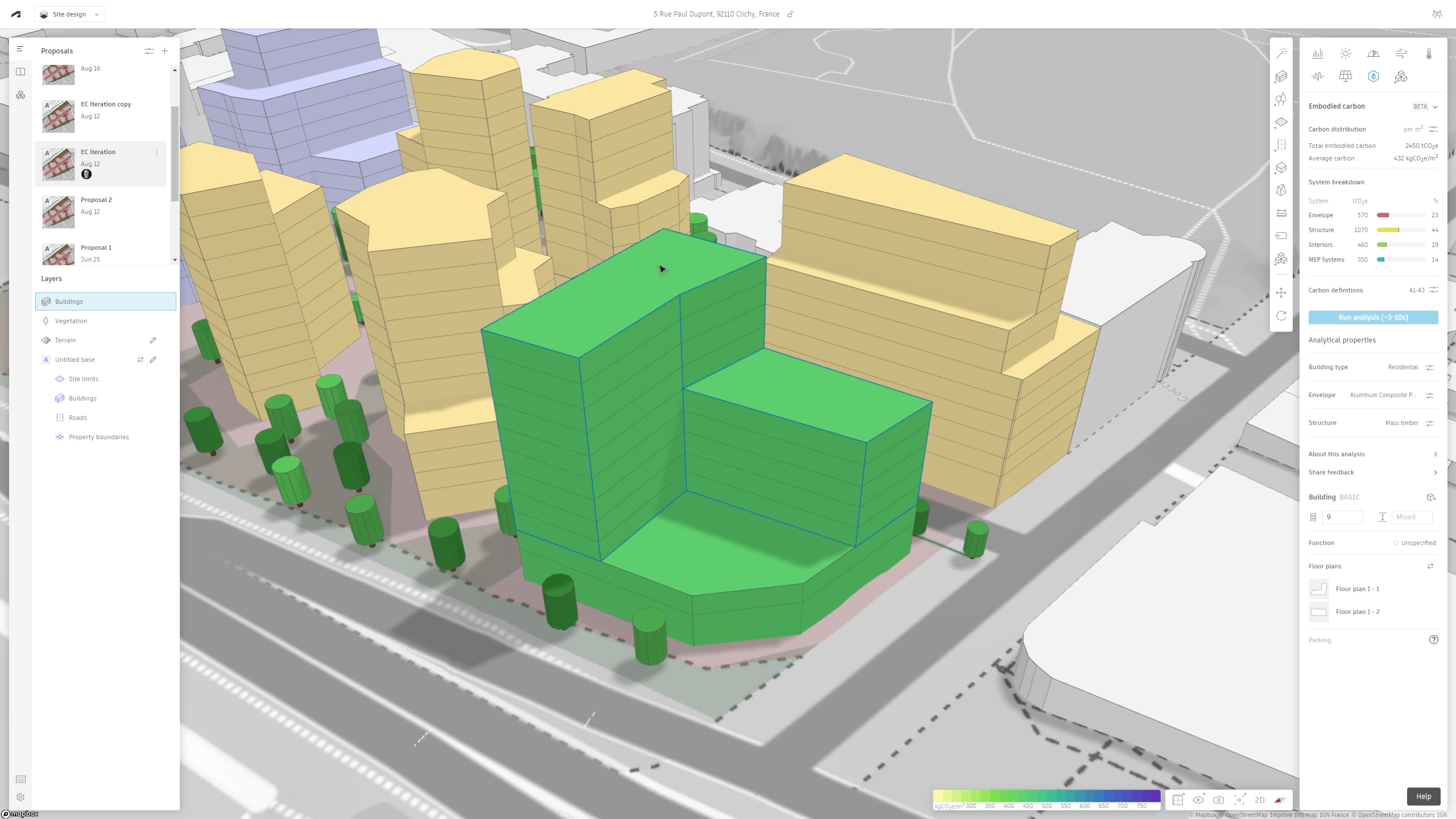
October 18, 2024
Autodesk’s Forma Gets You Ahead of the Curve on Carbon
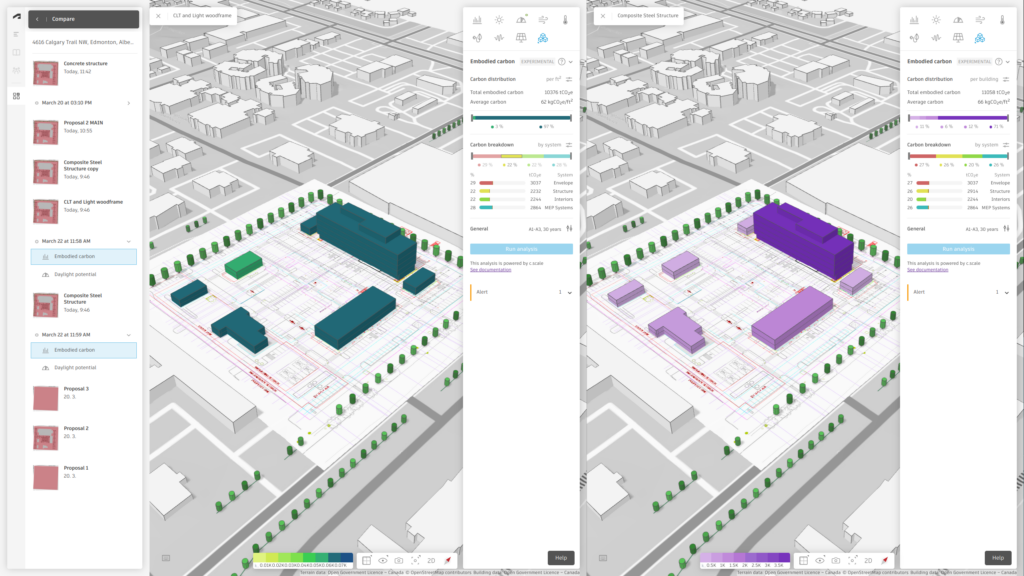
Forma does this by connecting in real time to the C.Scale database and analysis platform built by architecture firm EHDD, which also powers the Early Phase Integrated Carbon (EPIC) assessment tool. C.Scale uses machine learning technology to compare the user’s building with its database and estimate its embodied carbon footprint based on actual buildings. In Forma, a user can select general structural systems, facade types, and levels of interior fit-out for their building, run a quick analysis, and see where the major embodied carbon hot spots are.
In early project phases, explains Jack Rusk, cofounder of C.Scale and director of carbon strategy at EHDD, the goal isn’t just to get the right answer; it’s to understand what measures are most critical to the project’s total carbon impact. It might not always be the structural system, he cautions. Elements like facades, interiors, and even landscaping matter enormously. “How do we ensure we’re focusing our effort where it matters most?” he asks. “Data helps us do that.”
According to Marta Bouchard, the software giant’s AEC sustainability lead, this comparative approach to decarbonization reflects Autodesk’s vision for Forma, which is meant to be quick, intuitive, and iterative. By simplifying embodied carbon analysis and incorporating it when ample design options are still being explored, she hopes it can “help democratize access to what has historically been a very specialized part of the architectural design process that’s sometimes even hired out to third parties.
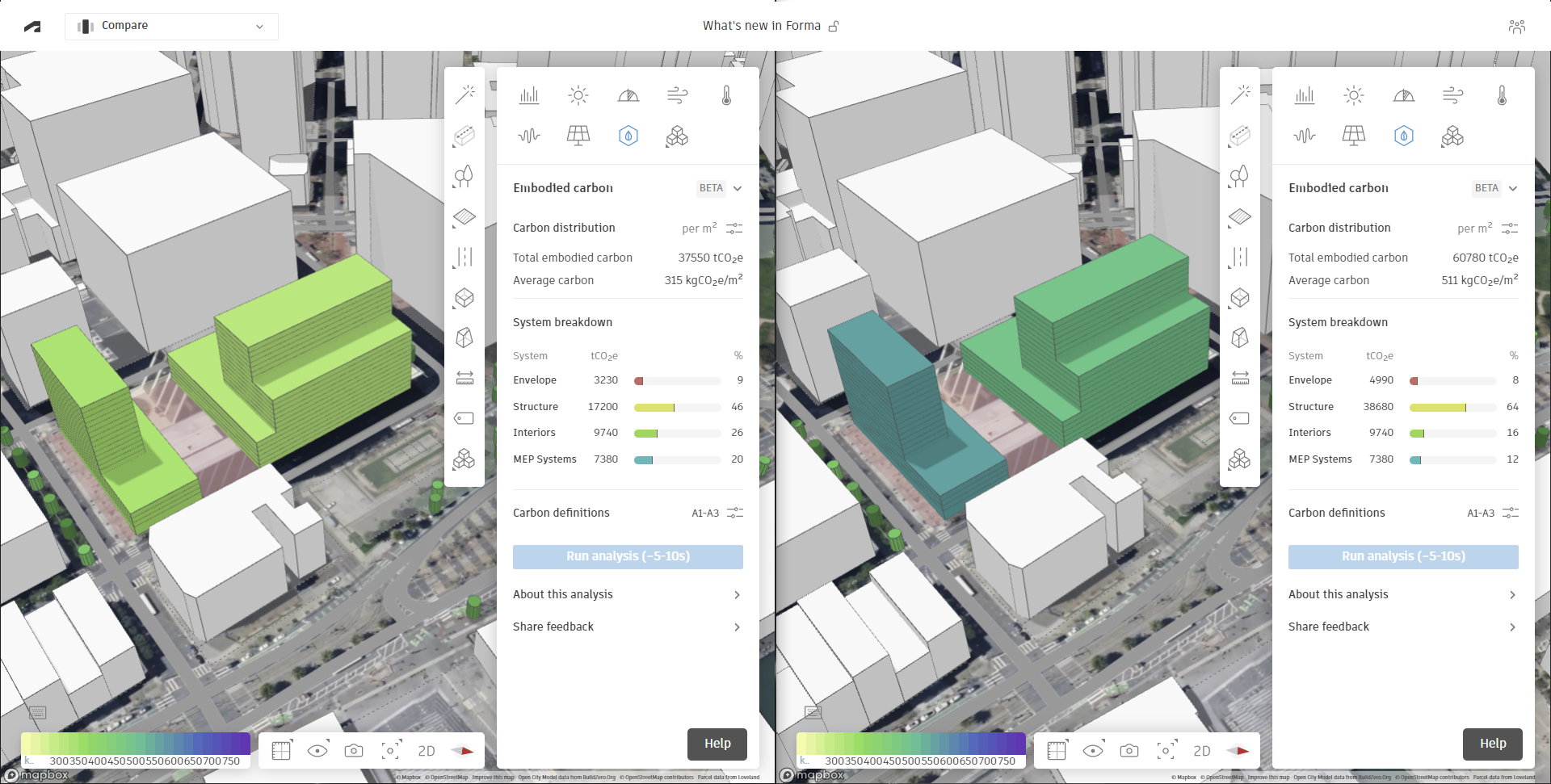
Would you like to comment on this article? Send your thoughts to: [email protected]
Latest
Profiles
Equipo de Arquitectura Practices Material Sincerity
The Paraguay-based firm integrates material rigor and contextual design into its cultural and residential projects.
Profiles
Format Architecture Office Envisions an Expansive Design Process
Format Architecture Office (FAO) helps clients hone their vision with a focus on the driving forces behind each design decision.
Profiles
Pallet’s Tiny Home Villages Build a Bridge to Permanent Housing
The Washington-based company creates rapid response shelter villages that can be constructed in a matter of days.

